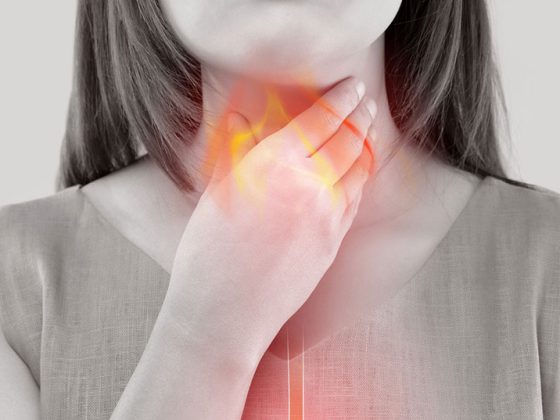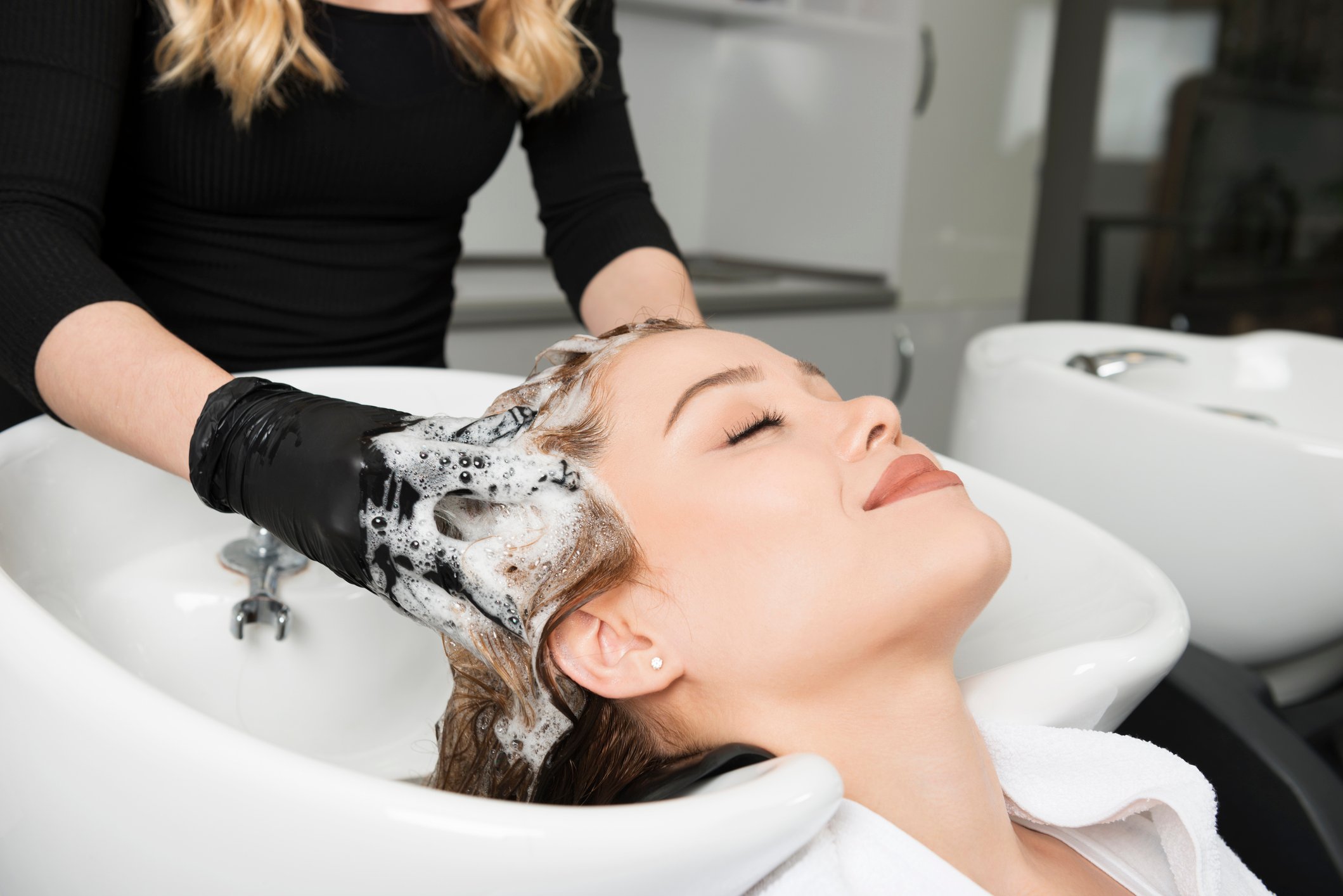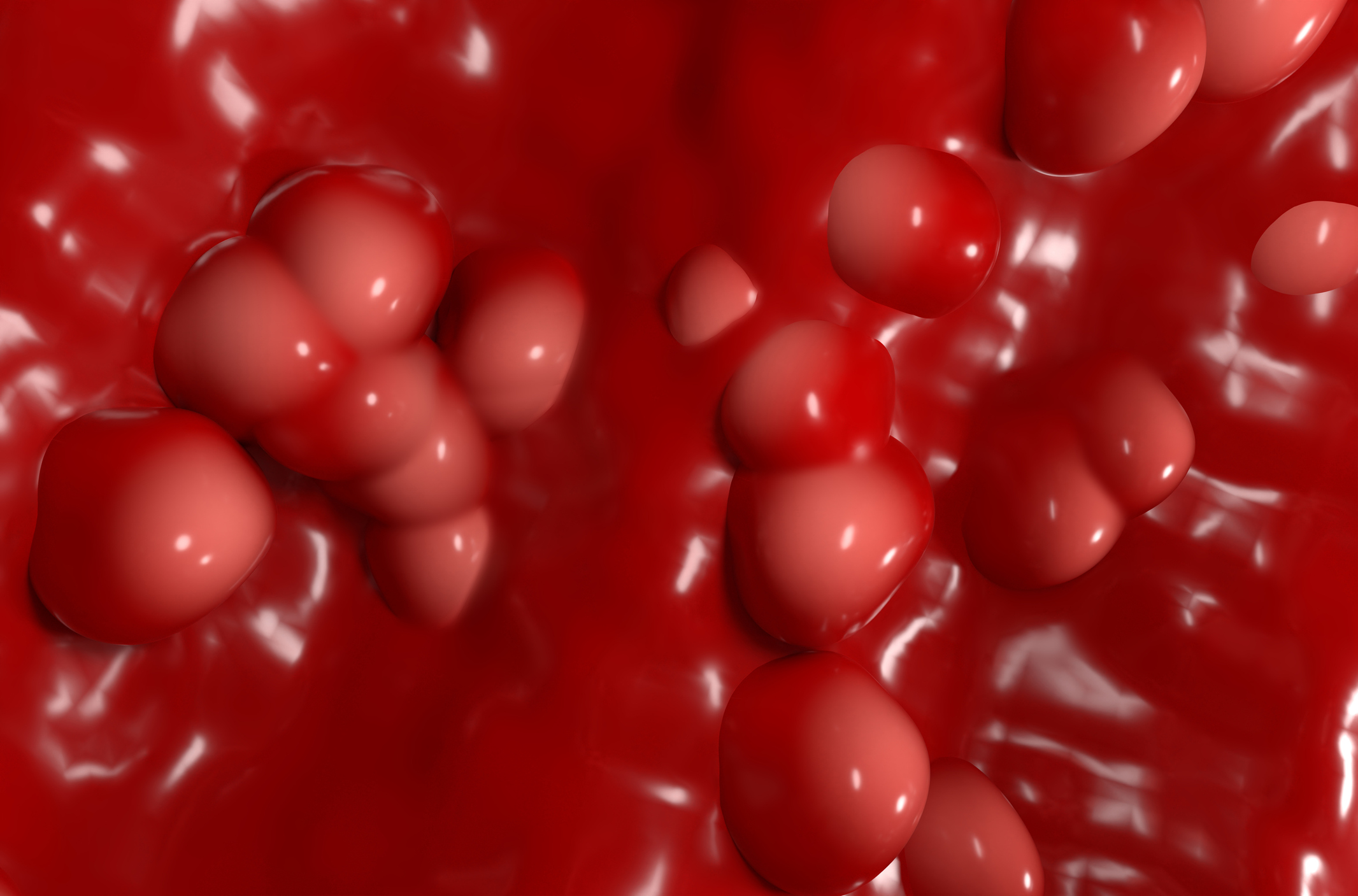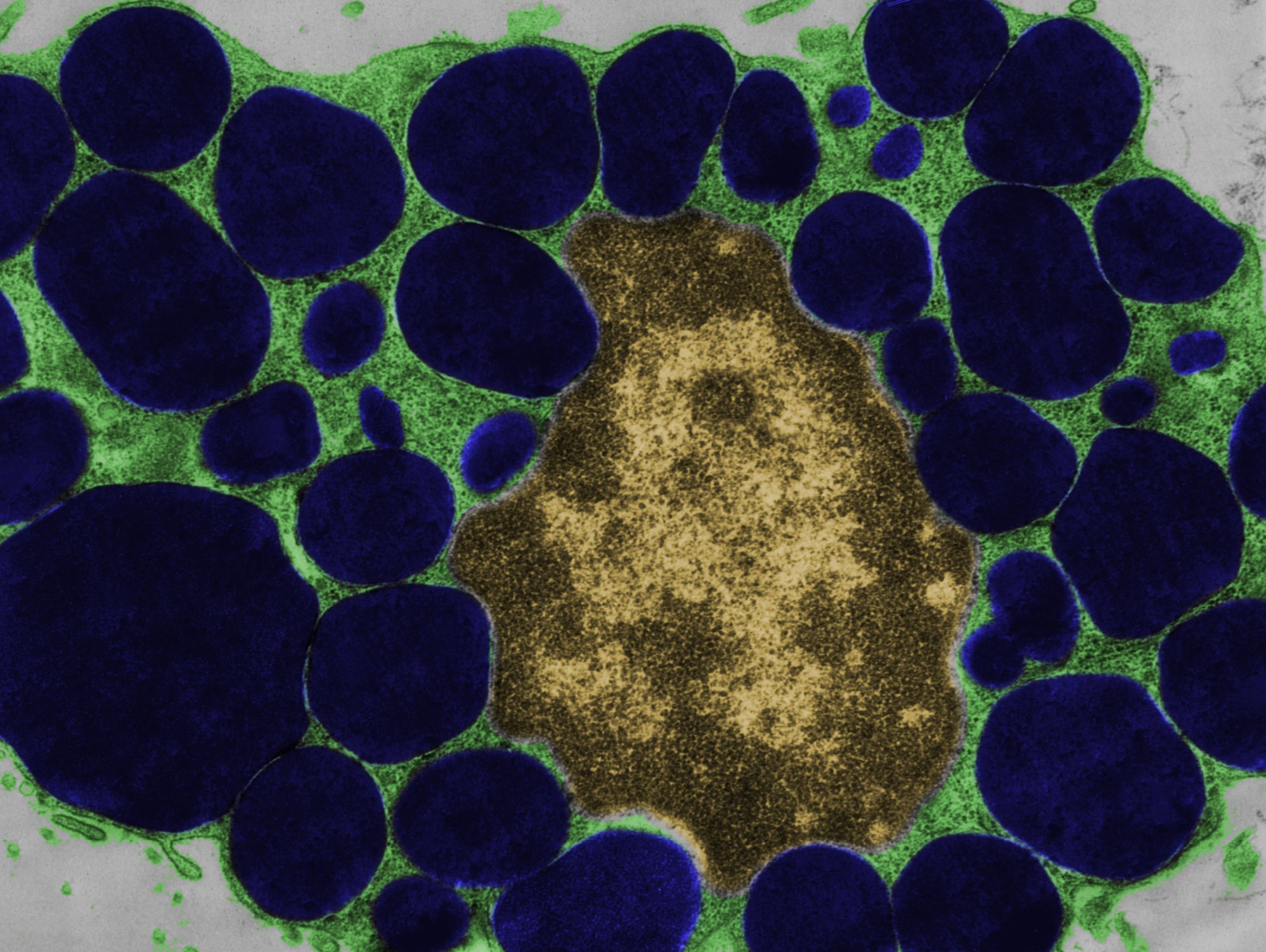Several clinical studies support the efficacy of a phytopharmacologic sabal/urica combination for the treatment of obstructive and irritative lower urinary tract symptoms (LUTS) in the setting of benign prostatic hyperplasia. Investigation of the mechanisms of action using a validated in vivo model shows that the beneficial effects of this herbal treatment option are based in particular on anti-inflammatory properties and a reduction in tissue growth.
According to epidemiological data, benign enlargement of the prostate (benign prostatic hyperplasia, BPH) affects about half of men aged 50 years and older [1,2]. This is often accompanied by symptoms of obstructive and irritative lower urinary tract symptoms (“LUTS”), which is also referred to as micturition disorders. Except in cases where a wait-and-see approach is sufficient due to mild symptoms or if surgical intervention is required, oral medications are often used to treat LUTS. Herbal therapy is among the commonly used drug treatment options for BPH-associated LUTS.
WS® 1541 is proven to be effective
Prostaplant®-F (WS® 1541) is a phytopharmacological combination of ethanolic extracts of Sabal serrulata fruit (WS®1473) and Urtica dioica roots (WS®1031) [4]. Clinical studies have demonstrated the efficacy of WS® 1541 for the treatment of micturition symptoms in BPH [3]. Until now, however, little was known about the mechanisms of action in vivo. The goal of a study published last year by Pigat et al. consisted of characterizing the anti-inflammatory effects and reduction in tissue growth in a validated mouse model [3]. For this purpose, a validated Pb-PRL transgenic mouse model of prostatic hyperplasia (probasin-prolactin model) was used in a three-arm study design.
Dose-dependent antiproliferative and anti-inflammatory effects.
The study showed that 28-day oral administration of WS® 1541 dose-dependently reduced prostate growth in transgenic mice with benign enlarged prostates, and this effect was significant in the two higher-dose conditions. Moreover, WS® 1541 reduced the proliferation of CD45 antigen cells (leukocytes) and thus the inflammatory response compared to the untreated control group [3]. Six-month-old male heterozygous Pb-PRL mice were randomly divided into five groups (11-12 animals/group) and treated orally for 28 consecutive days with WS® 1541 (300, 600 or 900 mg/kg/day) or with the 5-reductase inhibitor finasteride (5 mg/kg/day) or vehicle (olive oil 5 ml/kg/day). WS® 1541 resulted in a dose-dependent reduction in prostate weight compared to vehicle, which was statistically significant at the two highest doses. This effect was accompanied by a reduction in proliferation of prostate cells characterized by lower Ki-67 expression (quantitative PCR and immunohistochemistry). Finasteride had little or no effect on these parameters. The growth inhibitory activity of WS® 1541 was accompanied by a strong anti-inflammatory effect, as shown by the reduced infiltration of cells expressing the leukocyte common antigen CD45. No corresponding anti-inflammatory effects were detected in the finasteride condition in this procedure. The histological observations regarding the beneficial effects of WS® 1541 are supported by the results of molecular phenotyping of the prostate gland of mice treated with this phyto-combination. This showed decreased expression of several pro-inflammatory factors, including cytokines, chemokines and their receptors. These results support the evidence-based efficacy of WS® 1541 for the management of BPH.
|
Summary The Sabal/Urtica combination WS® 1541 is a proven evidence-based treatment option for micturition disorders. The exact mechanism of action is not yet fully understood. In an in vivo model, researchers have now shown that WS® 1541 leads to an inhibition of prostate growth in benign prostatic hyperplasia (BPH) and reduces the invasion of inflammatory cells into the prostate. This effect was significant in the two higher-dose conditions. In addition, WS® 1541 reduced the proliferation of CD45 antigen cells (leukocytes) and thus the inflammatory response compared to the untreated control group. |
Literature:
- Bechis SK, Otsetov AG, Ge R, Olumi AF: J Urol 2014;192(1): 16-23.
- Vuichoud C, Loughlin KR: Can J Urol 2015; 22 Suppl 1: 1-6.
- Pigat N, et al: Combined sabal and urtica extracts (WS 1541) exert anti-proliferative and anti-inflammatory effects in a mouse model of benign prostate hyperplasia. Frontiers in Pharmacology 2019, https://doi.org/10.3389/fphar.2019.00311
- Swiss Drug Compendium: PROSTAPLANT F, https://compendium.ch/product/1342229prostaplant-f-kaps
HAUSARZT PRAXIS 2020; 15(10): 34












